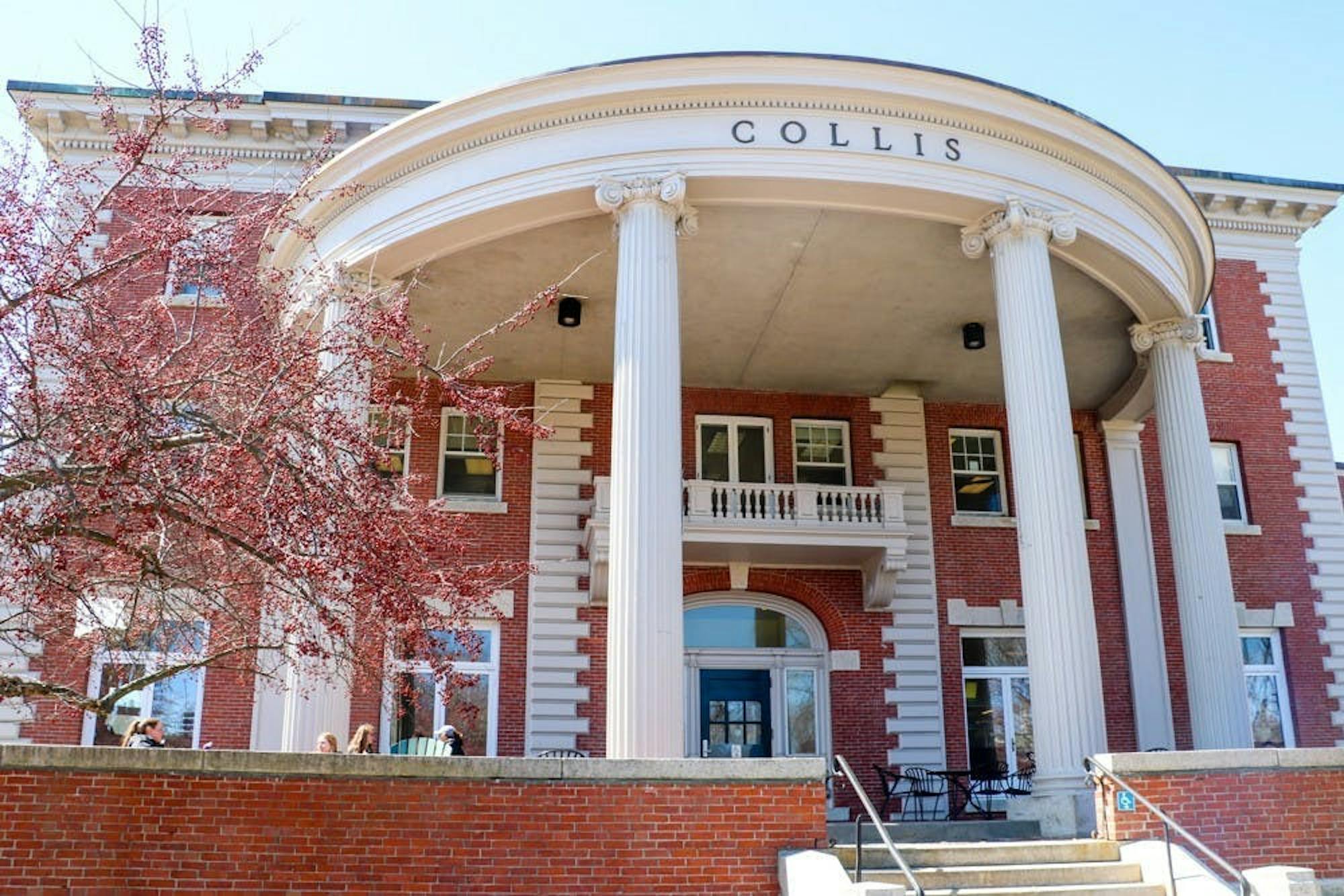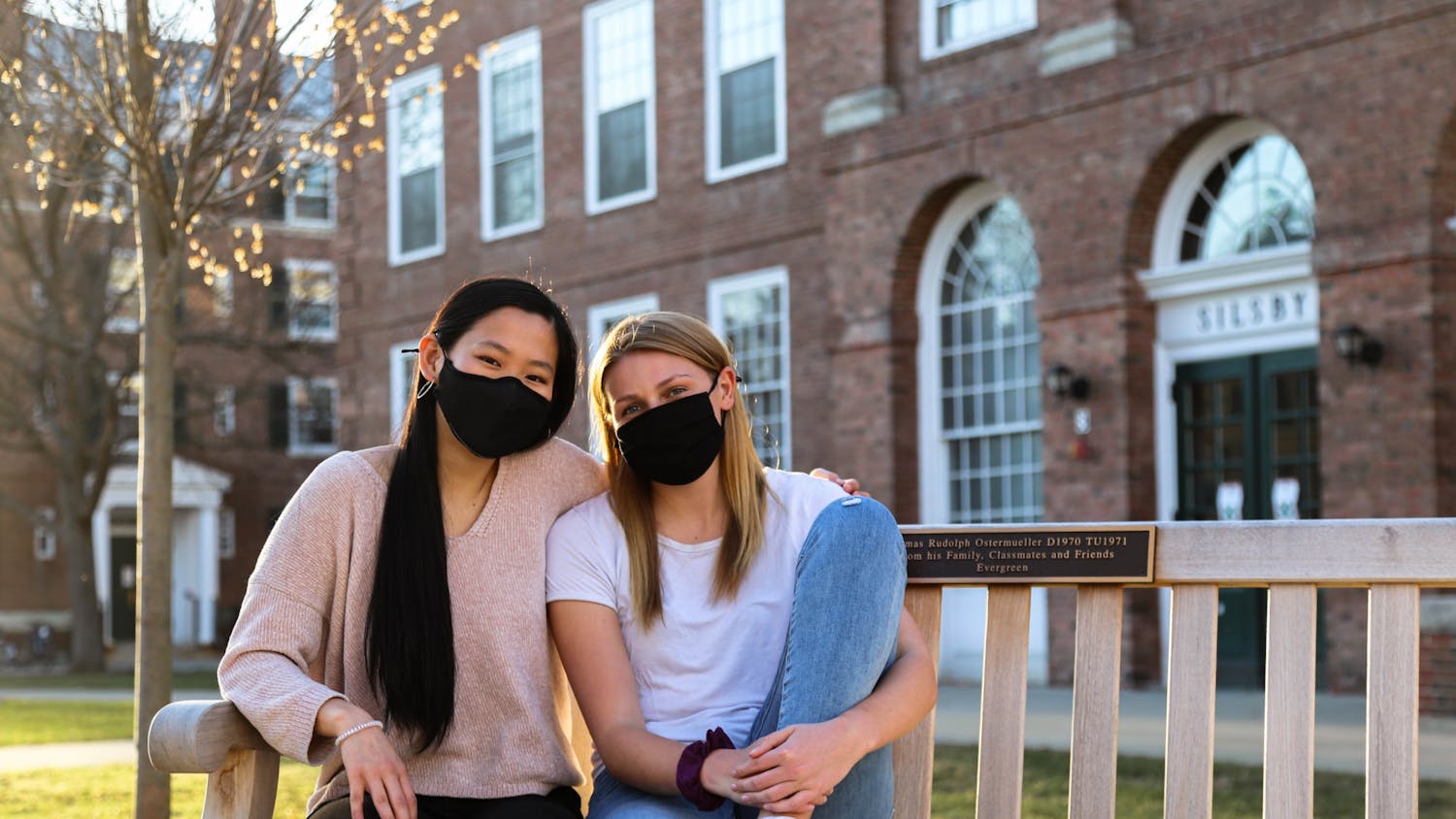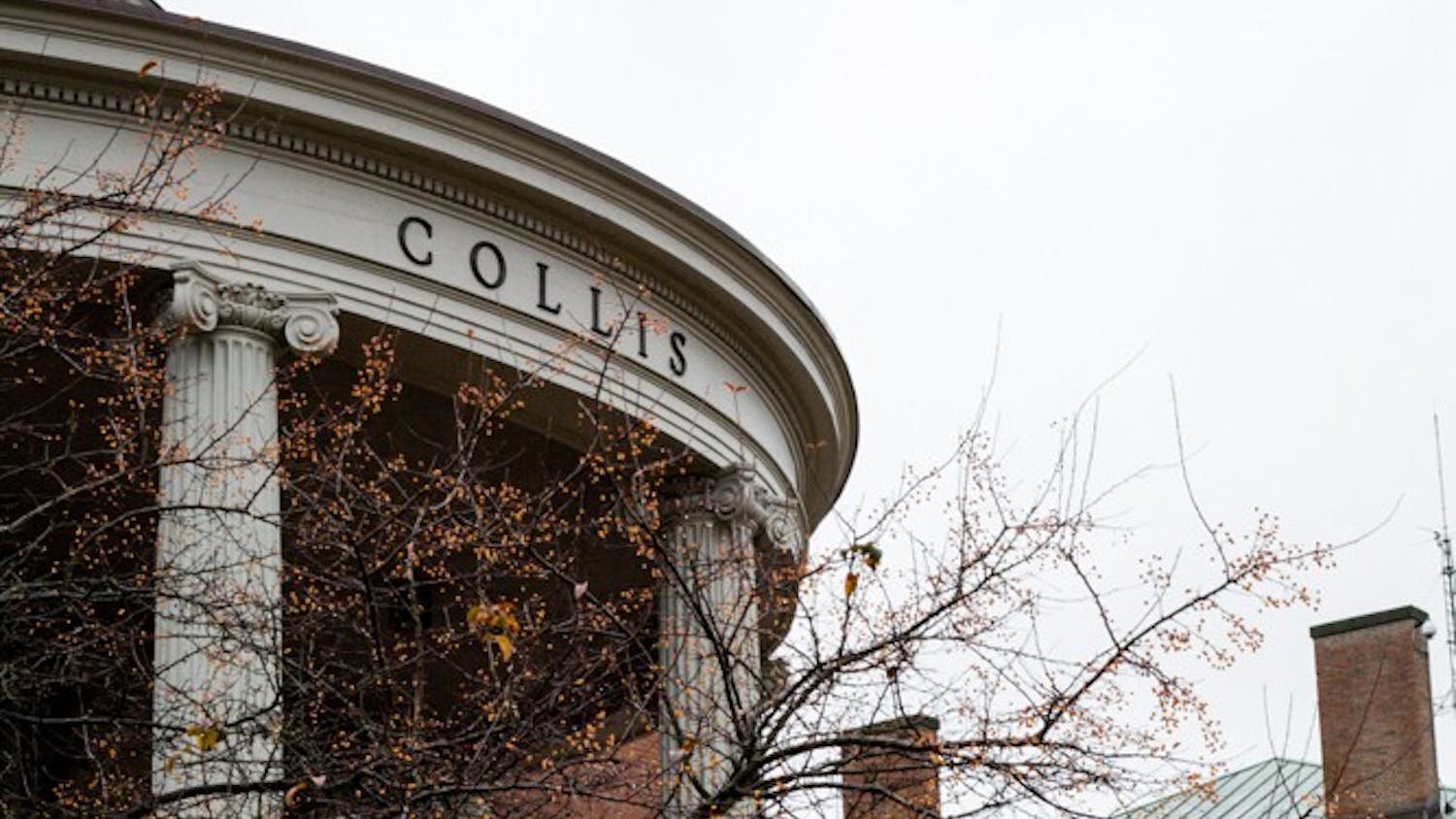On April 10, the Student Assembly campaign period began, with the election remaining entirely virtual for the second year running. Voting will begin on Monday, April 19 at 5 p.m. and conclude on Tuesday, April 20 at 5 p.m.
Jennifer Qian ’22 and Attiya Khan ’22 are running for SA president, with Maggie Johnston ’22 and Sebastian Muñoz-McDonald ’23 as their running mates for vice president, respectively.
Qian is a quantitative social science major and earth sciences and computer science minor from Chapel Hill, North Carolina. She has served as a SA Senator, vice president for corporate relations of Women in Business and director of finance and public relations for Dartmouth Model United Nations. Her running mate Johnston, from Minneapolis, is a government major and a quantitative social science minor. She has served as an SA Senator, president of parliamentary debate and New Hampshire co-chair for the Every Voice Coalition.
Khan, from Seattle, is a government major and creative writing minor. On campus, Khan has served as a communications director for the Tucker Center for Spiritual and Ethical Life, programming and inclusivity chair for the Inter-Sorority Council and social chair for Epsilon Kappa Theta sorority. Muñoz-McDonald, a government and Chinese double major from Weston, Florida, has served as vice president and community outreach chair of Dartmouth Rotaract, secretariat assistant of Dartmouth Model United Nations and a Class of 2023 council representative.
Qian said that since joining SA her freshman year, she and Johnston have noticed “a lot of space for improvement” in the Dartmouth community. According to Qian, she and Johnston worked on initiatives such as the Dartmouth Coach voucher program — which subsidizes transport between Hanover and Boston for students in need — as SA senators.
“We really want to get the message out to people that we care a lot and we've put a lot of thought into our platform,” Qian said. “And we want to be the voice of the students and actually make change.”
According to Johnston, the four main platforms of their campaign are elevating student voices, increasing access to academic, professional and emotional resources, promoting inclusivity and rebuilding the community when the College fully reopens.
Johnston said that if their campaign is successful, their ticket would aim to “steer SA in the direction that students are most passionate about” and communicate with clubs and organizations across campus to best represent the entire student body.
“[We want voters to know that] we've really thought through what we can actually do and where we can make tangible difference,” Johnston said.
Khan said she was motivated to run for SA because this past year was “frustrating” and revealed “a lot of deep-seated institutional problems that require addressing.” Khan added that she believes SA has been hesitant to confront the administration and risk negative feedback from them.
According to Khan, their campaign’s platform consists of keeping the Dartmouth administration accountable, helping students with financial difficulties, increasing students’ housing and academic accommodations and addressing the mental health and well-being of the Dartmouth community.
Muñoz-McDonald added that he was motivated to run by the prospect of pushing the administration towards “actual significant material change” as opposed to “just rhetoric.”
“Our goal is to be the voice of students and act on what they say,” Muñoz-McDonald said. “And make sure that administration knows that if they make a decision that is against the wellness of students, we will push back and make sure that the decision is reversed.”
Candidates running in SA elections are required to adhere to a set of requirements published by the Elections Planning and Advisory Committee. According to the 2021 EPAC code, which outlines the election rules and election process, candidates running for any position in SA must be in good standing with the College and enrolled in classes for the fall, winter and spring terms following the election. Candidates who meet the requirements also need to gather 75 signatures from students across all class years before they are allowed to officially enter the race and start campaigning.
For a second year running, EPAC has prohibited all physical campaigning, which includes distributing posters, fliers and banners, as well as chalking, door-to-door campaigning, tabling, forum-holding and distributing campaign material through the mail.
Social media guidelines outlined by the code state that campaigning on social media includes outreach on Instagram, Twitter, Snapchat, Librex, TikTok and Facebook. All campaigns must tag EPAC on any post made on these platforms.
Matthew Capone ’24, who attempted to run for SA president, wrote on his Instagram campaign account that he “unintentionally violated” an EPAC rule by creating his campaign account early, adding that he was unable to reach the necessary 75 signatures to enter the race because EPAC “forbade” him from campaigning.
EPAC chair Zippy Abraham Paiss ’23 wrote in an email statement that this year, no candidates were disqualified for having or using a campaign account prior to the campaign period. While multiple candidates created campaign social media accounts prior to the campaign period, all candidates were asked to deactivate the accounts, according to Abraham Paiss. Abraham Paiss added that multiple people interested in running for positions were not able to meet the signature requirement to appear on the ballot.
Johnston noted that while not everyone has social media, campaigning virtually has allowed their campaign to “connect with people that are spread out across the country, or even across the world right now.”
Muñoz-McDonald said that social media has given his campaign “the ability to reach out and ask for feedback from so many different people and get first-hand opinions.”
Both Qian and Johnston said they hope for a high turnout. Qian said she encourages everyone to vote, adding that she is “cautiously optimistic” that next year will see a return to an in-person Dartmouth experience, and Johnston said that she believes they are the best ticket to help facilitate that return.
Khan and Muñoz-McDonald both said they expect an increased voter turnout and higher engagement after students see “a year of inaction by administration on some key issues.”
Correction appended (Apr. 15, 2021): A previous version of this article incorrectly stated that Johnston is a government and psychology double major. The article has been updated to reflect that she is a government major and quantitative social sciences minor.
Daniel Modesto ’24 is the News executive editor. He is from Brooklyn, New York, and is a Native American and Indigenous Studies major modified with Latin American, Latino and Caribbean Studies.




